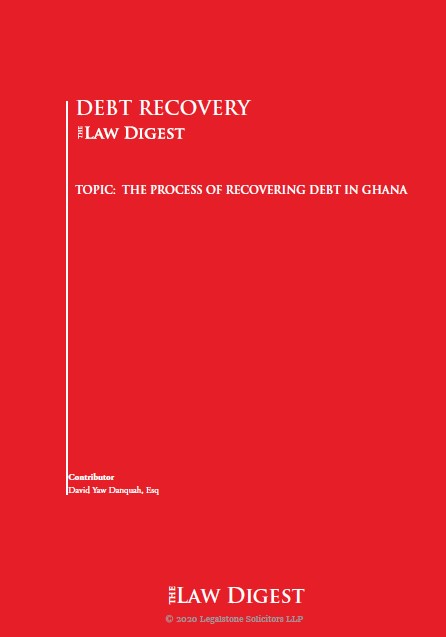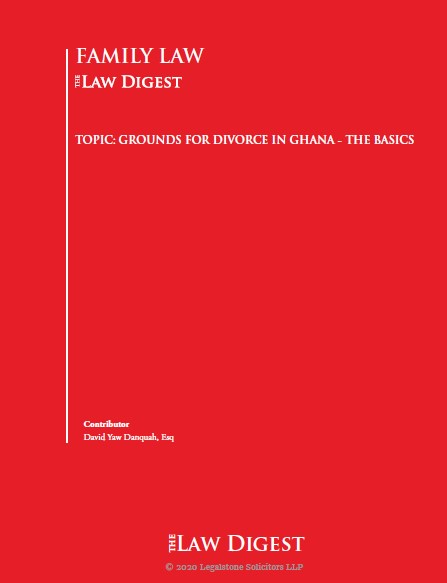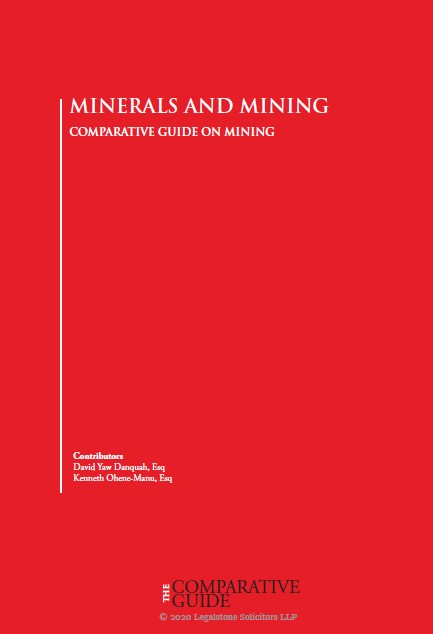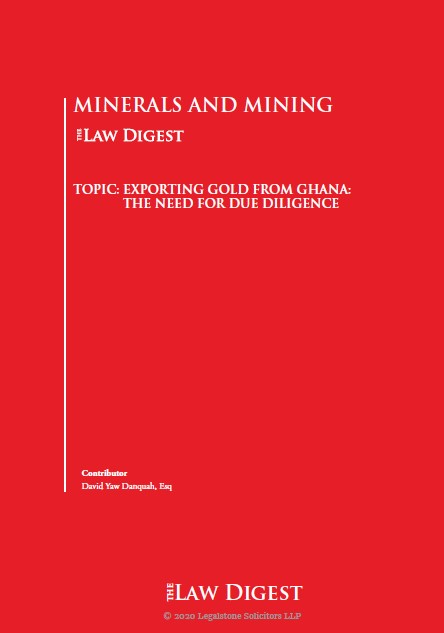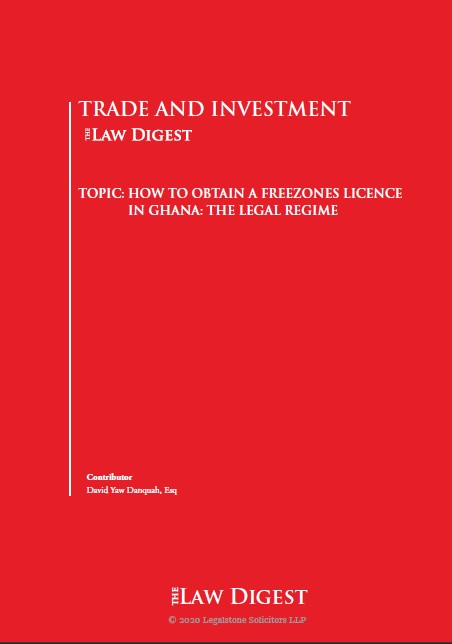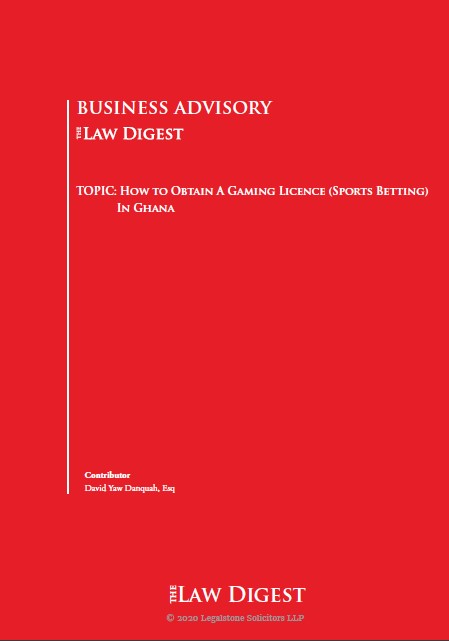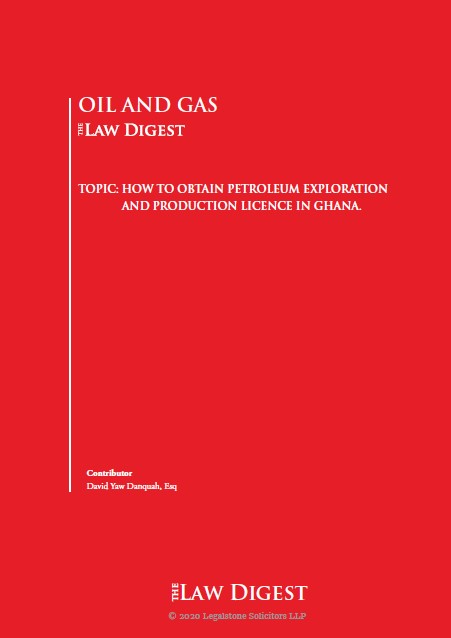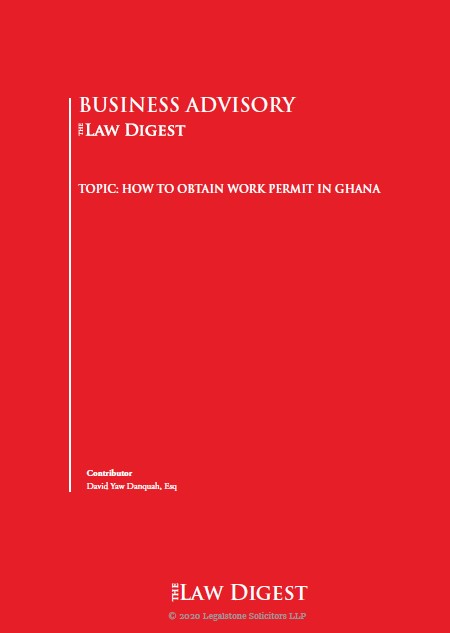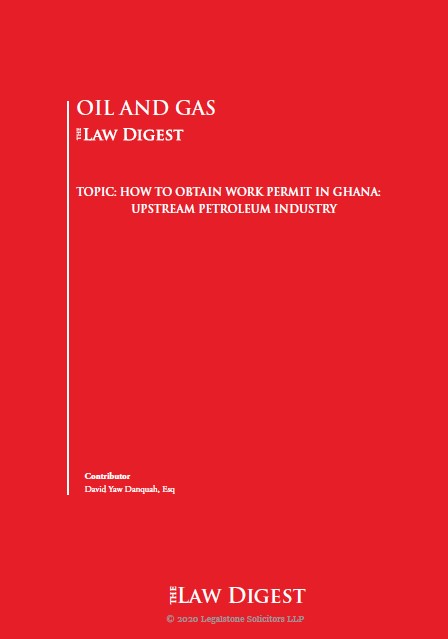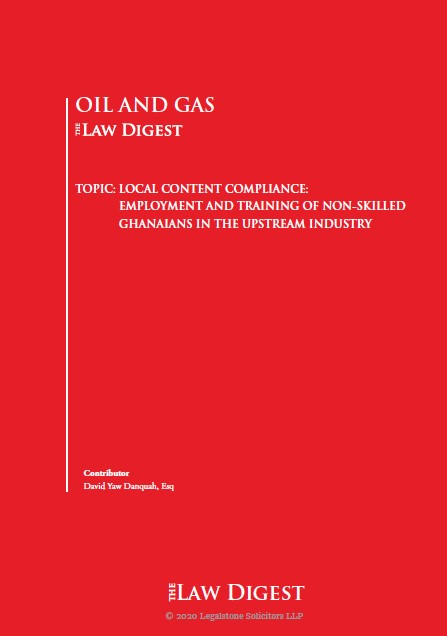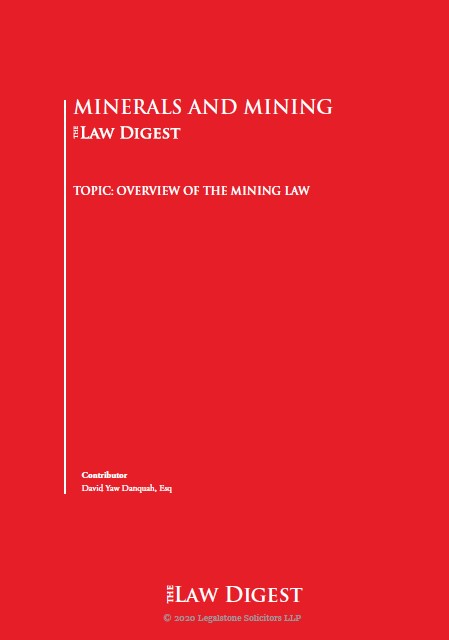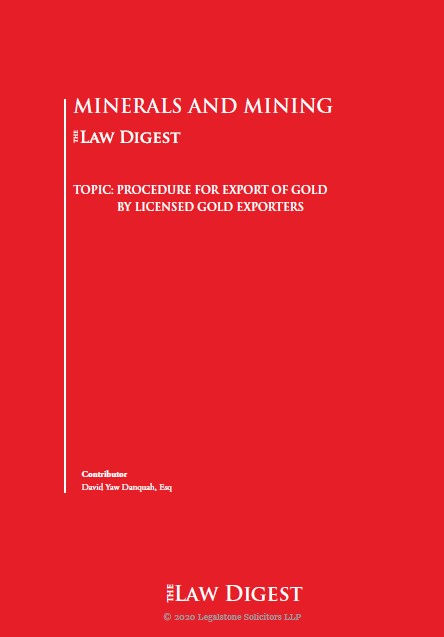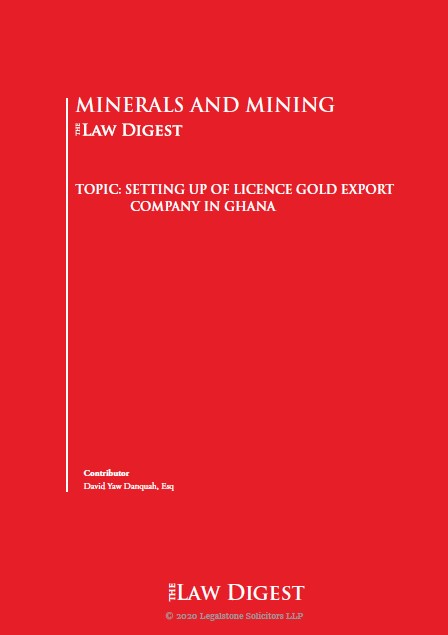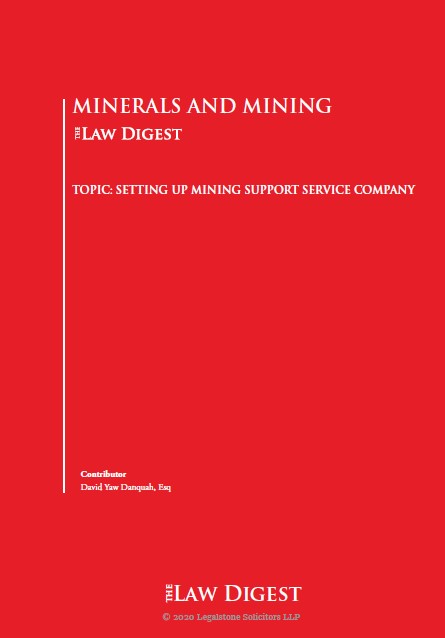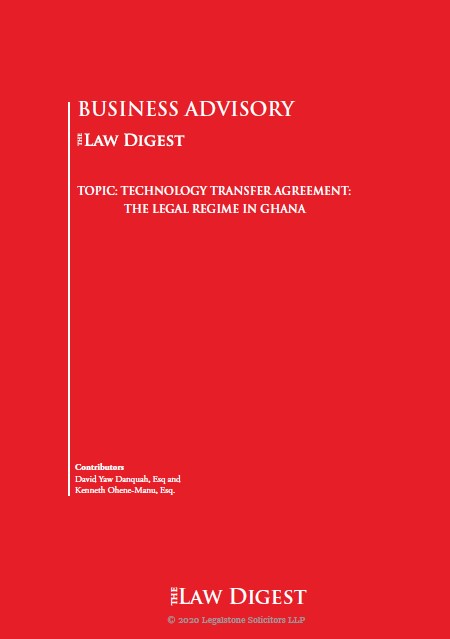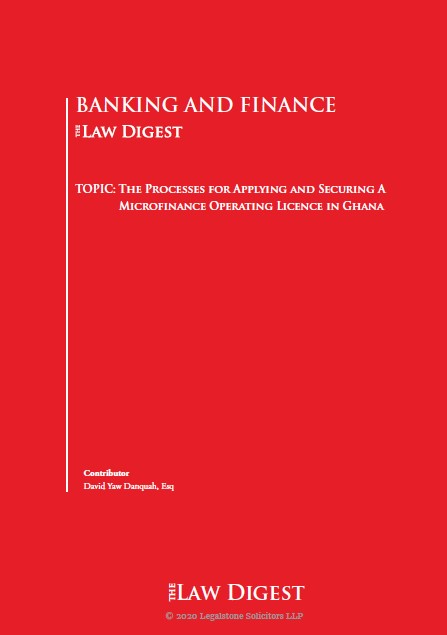
The Supreme Court has given clearance to the Electoral Commission to hold its referendum in selected areas earmarked for the creation of new regions.
This follows the dismissal of a suit seeking to challenge the decision of the EC to only allow residents in the affected areas to vote in the referendum.
According to the Justices of the Supreme Court, there is no genuine or real issue for interpretation as the constitution states unambiguously, the discretionary power given to the Electoral Commission.
The Justices also said the Commission of Enquiry did not err in suggesting how the referendum should be held as they did not hold the final authority to decide.
The plaintiffs, Mayor Agblexe, Destiny Awlimey, and Jean-Claude Koku Amenyaoglo, were seeking an interpretation of Article 5 of the 1992 constitution which states the procedure for the creation of new regions.
They further asked for clarity on who is qualified to vote in the referendum regarding the creation of the new regions, specifically the Oti Region.
Meanwhile, the lawyer for the plaintiffs, Albert Quarshigah, has expressed disappointment at the decision of the court.
Speaking to the media Mr. Quashigah said he holds a contrary view.
Background
The Justice Brobbey Commission was set up to look into the requests for the creation of new regions and has presented its report to the government.
The 19-member Commission, after holding nationwide consultations, urged the government to create the administrative regions to be known as the Oti, Ahafo, Brong East, Western North, North East, and Savannah regions.
The Electoral Commission has set December 27, 2018, for the referendum on the creation of the new regions.
The Commission has embarked on a series of activities, including the registration of new and continuous voters, the exhibition of the voters’ register, as well as processes for the transfer of votes and or the grant of proxy votes.
But some stakeholders in some of the areas especially in parts of the Volta Region, are opposed to the Oti Region.
Others also have concerns about the restriction of the referendum to areas that will be part of the new regions.
‘We’re not breaking any law in creating new regions’ – Nana Addo
President Nana Akufo-Addo had mounted a spirited defense of his administration’s move to create new regions saying it does not violate the 1992 constitution.
Speaking at a meeting with some chiefs from the Volta Region at the Jubilee House in October 2018, President Akufo-Addo said the government is acting according to the dictates of the Constitution.
“I would not be party to anything that attempts to subvert the constitution of Ghana. I fought all my life for constitutional rule in this country, and if I become president and I am the one undermining the constitution then I’m making nonsense of myself. I wouldn’t do that. I don’t see this thing as having anything to do with ambitions, dislike or hostility, no. So Torgbui, through you and the senior chiefs that have come with you, I’m pleading with you, let the temperature on this matter come down,” he pleaded.
L.I. on referendum for new regions laid in Parliament
The Subsidiary Legislation Committee of Parliament on November 14, 2018 laid its report on the Referendum Regulations 2018.
The regulations form part of the legal framework required to support the upcoming referendum in December 2018 for the creation of six new regions.
Publish Brobbey report on the creation of new regions – Minority
The Minority in Parliament had earlier demanded immediate publication of the Justice Brobbey Commission report which recommended the creation of six additional regions in Ghana.
According to Minority Leader, Haruna Iddrisu, it is in the interest of transparency for the recommendations and other details of the commission’s report to be made public.
Addressing the press, Haruna Iddrisu indicated that it is not right for Parliament to consider a Constitutional Instrument when there is no report before the House.
“It is in the interest of good governance, openness; truthfulness and transparency that the report of the Commission of Inquiry is made public to enable the nation to verify that the constitutional instrument before Parliament is truly reflective of the contents of the commission’s report.”
“It must be opened up to the entire nation to enable us to gain insights into the thinking of the Commission and the constitutionality of its recommendation, and to determine whether the constitutional instrument laid in Parliament truly reflects the recommendations of the commission,” he added.
–
Source: Citinewsroom.com | Ghana

